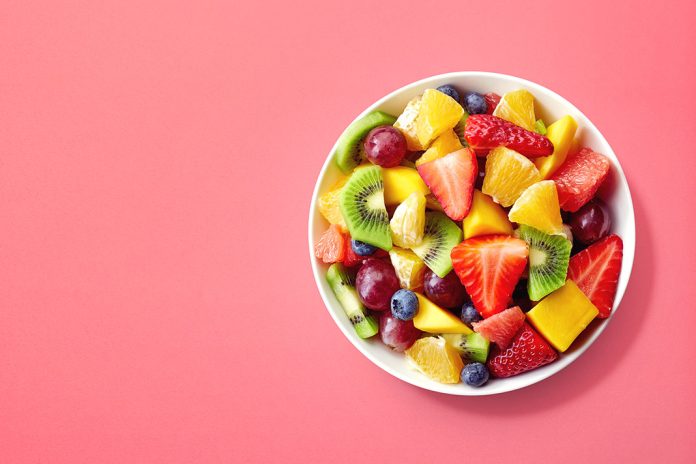Irritable bowel syndrome, or IBS, is an intestinal disorder that causes bloating, constipation, diarrhea, and pain in the stomach. The cause of the disorder is still not well understood. Treatment usually consists of self-care and avoidance of stress, as well as doctor-prescribed medications such as Alosetron (or Lotronex), which relaxes the colon and slows the progression of waste through the lower bowel, in serious cases. Moreover, lifestyle changes, such as the following, can also help:
1. Adopting a low FODMAP diet
The first thing doctors often recommend is that IBS patients stop eating high FODMAP foods. Certain sugars can cause intestinal distress, which is why this diet is designed to help patients with IBS avoid such sugars. A low FODMAP diet restricts foods like garlic, onions, beans, rye and wheat. However, be sure to always speak to your healthcare provider before you start any new eating plan.
2. Take probiotics
Probiotics are often recommended for people with irritable bowel syndrome, as they can assist the digestive system and might be able to help you limit IBS symptoms. Even inactive probiotics may be helpful. Besides strengthening the intestinal barriers, probiotics can also help your immune system remove harmful bacteria and break down nutrients in your gut. Probiotics are also a relatively affordable and safe way of dealing with IBS. Choose a probiotic based on your symptoms and ensure you take the right dose. It’s also a good idea to stick to just one type of probiotic.
3. Avoid high-fat meals
Dietary modifications remain the go-to solution for most IBS patients. For example, high-fat foods are often hard on the digestive system, especially if you suffer from IBS. They make the digestion process difficult, which can lead to uncomfortable symptoms like bloating and constipation. As such, a low-fat diet should largely relieve you of these uncomfortable symptoms. Instead of frying foods, try to cut down fat by grilling, steaming, and baking.
4. Try an elimination diet
An elimination diet that helps to identify foods that trigger your IBS symptoms is also commonly recommended for IBS patients. Doctors typically recommend tracking foods and symptoms via a food diary for 4 to 8 weeks, and then taking a period of time to eliminate these foods from your diet. After this period, you can slowly reintroduce foods and track symptoms. Avoiding certain trouble foods may significantly help reduce IBS symptoms.
5. Consume dietary fiber
Many IBS patients also find that taking a fiber supplement helps lessen their IBS symptoms. Fiber helps make stool softer and easier to pass, reducing constipation and diarrhea. Whole-grain foods and vegetables provide plenty of insoluble fiber, while barley, fruit, and beans provide soluble fiber. Note that many experts recommend soluble fiber over insoluble fiber because they believe soluble fiber is more helpful in reducing constipation. Also be sure to introduce fiber into the diet gradually; adding fiber all at once might cause bloating and gas. With time, your body should get used to such high-fiber foods.



